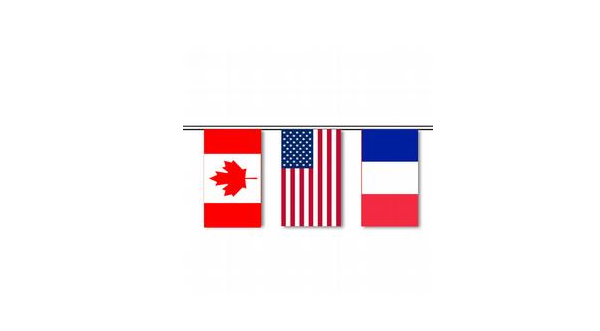The United States and Canada have recently lifted bans on select French poultry imports that had been in place since France implemented a duck vaccination program to combat bird flu in October 2023, according to the French agriculture ministry. Bird flu, also known as highly pathogenic avian influenza (HPAI), is a severe viral disease that has caused significant damage to poultry populations globally, including in France and the U.S. Recent cases have shown potential transmission beyond birds, involving dairy cows and farm workers in the United States.
In response to the outbreak, France became the first major exporting nation to introduce a nationwide duck vaccination program against bird flu. However, concerns were raised by some countries about vaccinated birds potentially masking infections, as they may not display visible symptoms, making it difficult to detect the virus in flocks.
After lengthy negotiations, French officials were able to convince U.S. and Canadian authorities of the safety and efficacy of the HPAI vaccination. As a result, both countries have now lifted restrictions on poultry and related products from unvaccinated flocks, while ensuring that safe agricultural trade practices remain in place.
Furthermore, the U.S. has also ended its embargo on duck and duck product imports from other European Union countries, as noted by the French agriculture ministry. Efforts are currently underway between French health authorities and their U.S. and Canadian counterparts to finalize the resumption of avian genetics exports, such as hatching eggs and day-old chicks, to these markets.
While French poultry exports to North America are relatively small, the trade of avian genetics remains a significant aspect of these partnerships. This development is a positive step towards maintaining strong agricultural trade relationships and ensuring the continued flow of safe and high-quality poultry products between these countries.
The decision to lift the bans on French poultry imports demonstrates the mutual trust and cooperation between the U.S., Canada, and France in addressing global health challenges such as bird flu. By working together and implementing effective vaccination programs, these countries are taking proactive measures to protect their poultry industries and prevent the spread of infectious diseases.
Moving forward, it will be important for all parties involved to continue monitoring the situation closely and implementing necessary precautions to prevent future outbreaks. Collaboration and open communication between nations will be key in ensuring the health and safety of poultry populations worldwide.
In conclusion, the lifting of bans on French poultry imports by the United States and Canada is a significant development in the ongoing efforts to combat bird flu and promote safe agricultural trade practices. By working together and supporting each other’s efforts, these countries are setting a positive example for global cooperation in addressing health challenges in the poultry industry.



